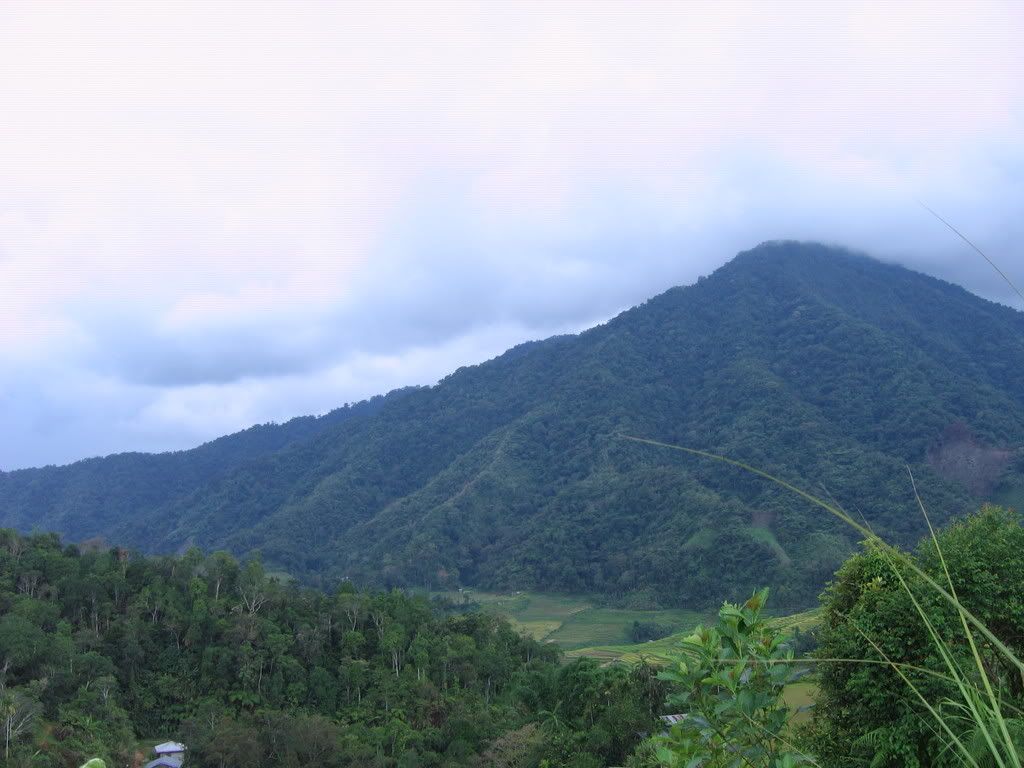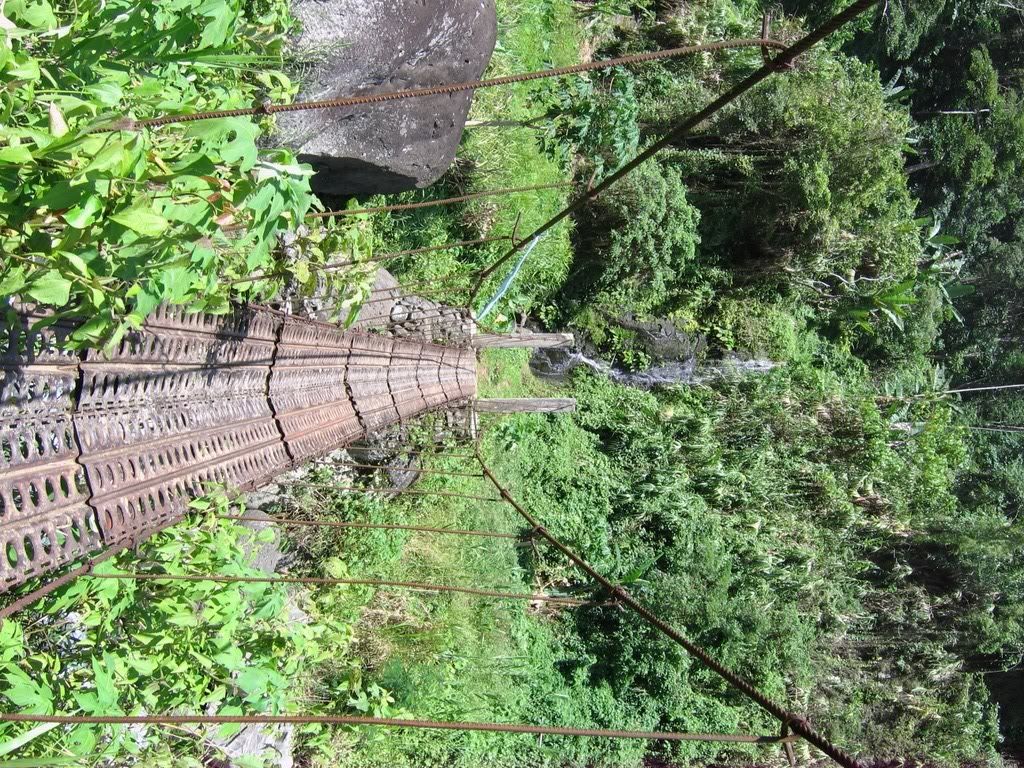a real community
In his book Imagined Communities: Reflections on the Origin and Spread of Nationalism, anthropologist Benedict Anderson defines a nation as "an imagined political community":
It is imagined because the members of even the smallest nation will never know most of their fellow-members, meet them, or even hear of them, yet in the minds of each lives the image of their communion.... (A)ll communities larger than primordial villages of face-to-face contact (and perhaps even these) are imagined. Communities are to be distinguished, not by their falsity/genuineness, but by the style in which they are imagined....
The nation is imagined as limited because even the largest of them encompassing perhaps a billion living human beings, has finite, if elastic boundaries, beyond which lie other nations. No nation imagines itself coterminous with mankind. The most messianic nationalists do not dream of a day when all the members of the human race will join their nation in the way that it was possible, in certain epochs, for, say, Christians to dream of a wholly Christian planet....
Finally, it is imagined as a community, because, regardless of the actual inequality and exploitation that may prevail in each, the nation is always conceived as a deep, horizontal comradeship. Ultimately it is this fraternity that makes it possible, over the past two centuries, for so many millions of people, not so much to kill, as willingly to die for such limited imaginings.

I remembered this a few days ago as I looked out over the mountains of Ifugao Province, en route by tricycle to the municipality of Asipulo from Kiangan. The trip was nearly an hour over roads that were thankfully concrete in some places, rough and bumpy in most, and generally winding up and down through some of the prettiest views I had ever seen in my life.
The farmers who hosted our stay in Sitio Pula and the locals who guided us through the thick mountain forest -- what did I have in common with them? Not geographic location, nor way of life, nor language. The place I've called home for most of my life seems a world away from here; the dialect I speak (Tagalog) is foreign to these people. The mountain trail that took me a painful hour to traverse (and not without their help and patience, I might add), they breeze through in half or even a quarter of that time. Indeed, we measure time differently -- they, by seasons of planting and harvest, and I, by semesters and projects.
They would probably never understand what I do -- how I can spend up to hours in front of a computer in my little room, my dependence on an unseen yet powerful thing called the Internet that travels through cables and allows me to reach out to other members of a community not only imagined but also perhaps previously unheard of. In the same way, try as I might, I would probably never fully grasp what life on a mountain is really like -- how to read the signs of the sky and the earth, how to live in harmony with Nature and with other beings who make the mountain their home.
But in our minds, did "the image of our communion" already exist even before we met? Did we each imagine that hundreds and thousands of kilometers away from our homes were people who led lives the polar opposite of our own? They, Ifugao, and I, Manileña -- did we see ourselves as actually sharing a nationality, a Filipino-ness? Did the fact that we are both Filipino -- a term that signifies membership in this imagined community -- compel us to appreciate each other before we had even met? And having met, did we find that we shared more than what we had ever imagined?
 In Asipulo, I was in a totally different place from where I live, in a situation I would not quite have imagined myself to be, amid people who were strangers to me. Yet, I felt I belonged, perhaps because this place was part of my nation -- imagined or not -- but more importantly, because the people recognized in me a co-member in a very real community called mankind.
In Asipulo, I was in a totally different place from where I live, in a situation I would not quite have imagined myself to be, amid people who were strangers to me. Yet, I felt I belonged, perhaps because this place was part of my nation -- imagined or not -- but more importantly, because the people recognized in me a co-member in a very real community called mankind. And recognizing me as such, the people of Asipulo reached out to me, as I did to them, shared their food and their homes, offered me a glimpse into their lives -- and simply made me feel welcome.





No comments:
Post a Comment